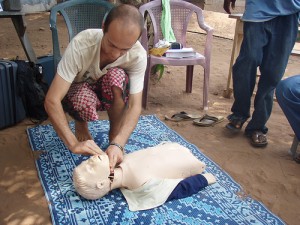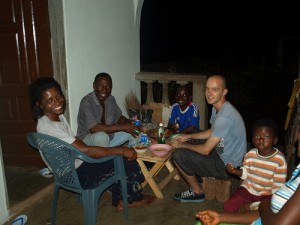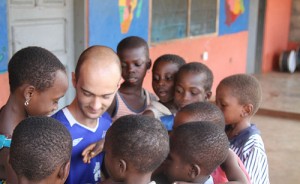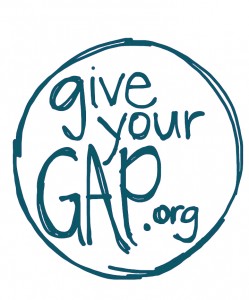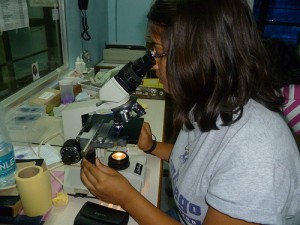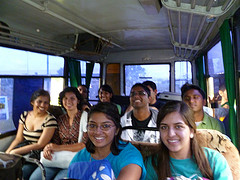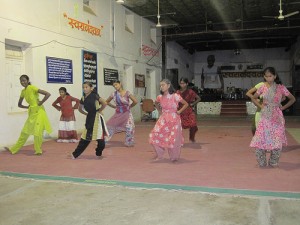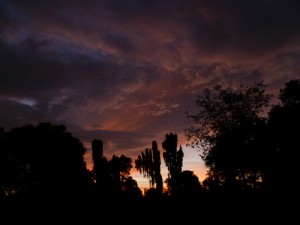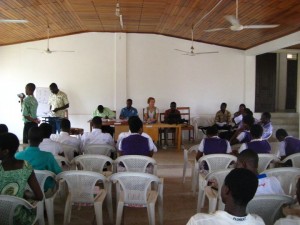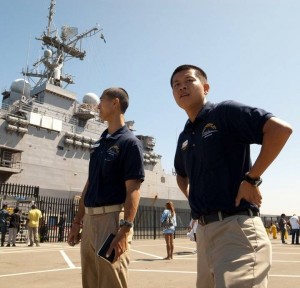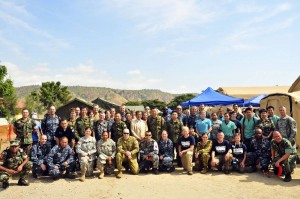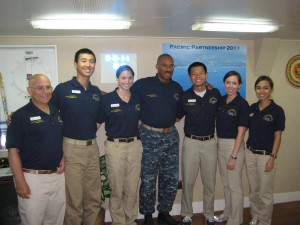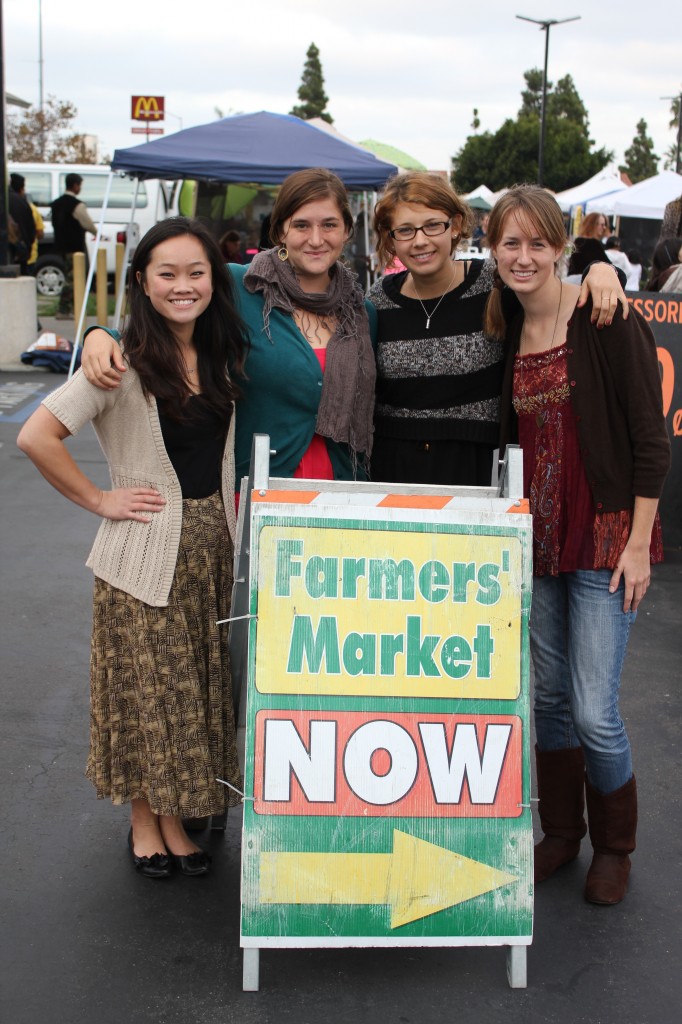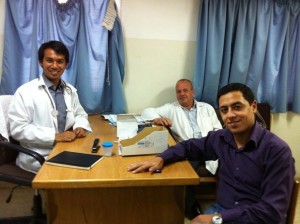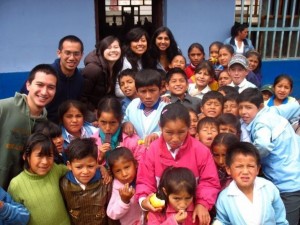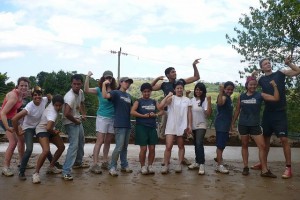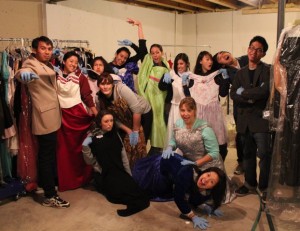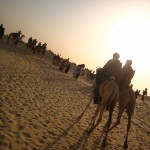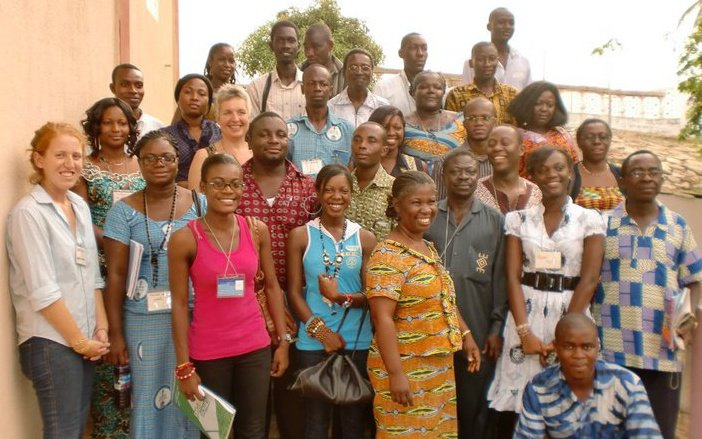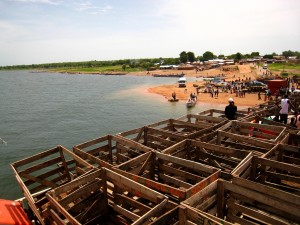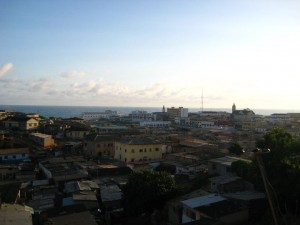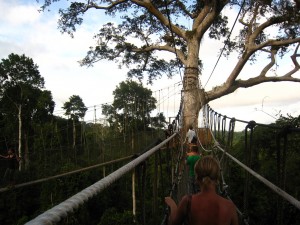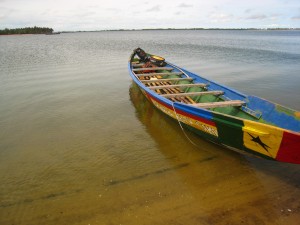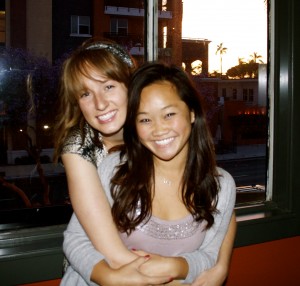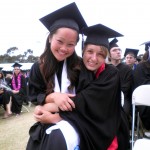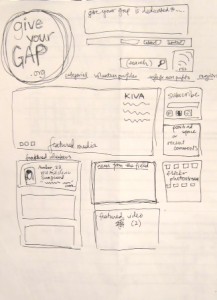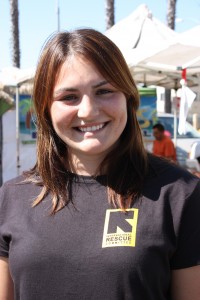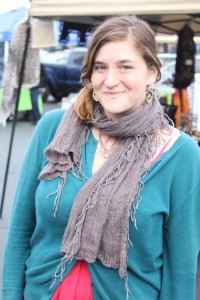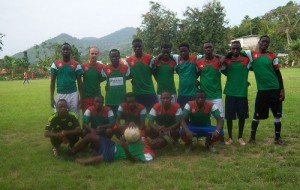 Name, Age:Ashley Bulgarelli, 23
Name, Age:Ashley Bulgarelli, 23
University, Major:Queensland University of Technology, Bachelor of Business
Region:Africa
Length of stay:26 Months
Type of Work:Medical/Public Health, Education, Infrastructure (building houses, roads, wells), Community Development, Childcare
Tell us about the nonprofit/social business you work for:
Volta Aid Foundation is based in the Volta Region of Ghana. We work in towns and villages including Ho, Adaklu-Goefe, Adaklu-Tsrefe, Adaklu-Waya, Tsito and Kilkor-Agbozume. Our website is www.voltaaidfoundation.org
How did you find your position?
I founded the organization!
What’s your typical day like?
My position as the founder and director means I have to work on all areas of the organization, everything from volunteer and staff management to project site overseeing to budgeting and accounting works. I work endless hours.
What kind of people do you work with?
Younger, older, locals, international – everyone! Education and training depends on the specific program volunteers work on but most training is done onsite.
What are your living accommodations?
I sleep in a single room attached to the office which holds my mattress and my gas burner. Simple but it’s all I need.
What do you do in your free time?
I play football (soccer)! I have joined a local team and have dressed everyone up in jerseys from my team back home and shin pads and we train daily and play every Sunday.
Share a favorite memory or story from your experience!
I lived with a little Ghanaian boy when he started to speak. One of the first words he could say was ASH, ASH, ASH. From that point on every white person he sees he calls them Ash, even to this day!
What inspired you to do this kind of work? If you are taking a gap year, what motivated you to do that?
I was traveling around the world and ended up in London and was applying for my Irish working holiday visa and searching for jobs. I just remember spending hours upon hours of time on the web and something clicked in my head and I thought this is not for me. Two weeks later I was in Ghana.
How are you financing your time?
I do not take a stipend from the organisation. I rely purely on my personal savings and friends support.
What kind of special skills do you need to do your job?
None.
Do you feel like you are making a positive, critical impact on the global community?
I believe that the difference I make is enormous. Through my efforts we have sponsored two forgotten girls to attend school. Two might not sound like a lot, but it is two less girls apparently destined to be a market lady. We have also trained over 200 people in first aid and provided over 500 people with diabetes counseling and information. The list goes on but I truly believe in education and empowerment (however cliche that sounds) – knowledge is power. I am not just talking about school education but broader education such as first aid, health issues, business skills, life skills, social skills. A good example is the children in our partner orphanages speak better English, have better social skills, and achieve higher grades in school because of the impact of our volunteers over the past two years. This kind of impact cannot be measured quantitatively but helps the child more than anything else in this world.
What have you learned about the nonprofit and social business world in your experience?
Unfortunately I have become very critical of NGO’s and not-for-profits operating in Ghana since I have spent so much time on the ground. I think there are far too many organizations doing the same job and a complete spread of resources and know-how. I also think many nonprofits have lost sight of their vision. On the other hand there are plenty of organizations out there doing amazing work and millions of people out there who want to help but don’t know how to go about it and don’t know who they can trust. This lack of trust is hurting the ‘industry’.
Do you think you make a unique contribution to your organization as a young person? Is your perspective or approach different from others?
Definitely. I founded the organization when I was 21 so obviously as young person – a very young person – I believe I am more down-to-earth with what can be achieved and my approach is very relaxed and personal. I believe to understand what people want you have to live side by side with them, in their homes, with their family, eat with them and cook with them, and only then you will see what they see and know what needs to be done. I have done this by being a recently graduated poor university bum who could not afford to live and act differently.
How do you see this experience fitting into your long-term goals?
It was changed my whole life. Before I was a globetrotting party animal, now I am a better person. I will always be linked with Ghana, development and social work.
What’s next?
Setting up a workshop in Ghana to produce goods to export to Australia.
What is one thing you wish you knew before you came to your position?
Nothing. I came with an open mind and unbiased point of view.
Do you have any advice for prospective gap-givers?
Come without expectations and, as we like to say at Volta Aid Foundation, be prepared to ‘give a little, learn a lot’.
Are you blogging about your work or travel? How can we stay in touch?
www.facebook.com/VoltaAidFoundation
www.voltaaidfoundation.org
info@voltaaidfoundation.org – For volunteer inquiries
ashleybulgarelli@voltaaidfoundation.org – For personal messages to myself
Would you be willing to take questions from potential Gappers?
Yes.

